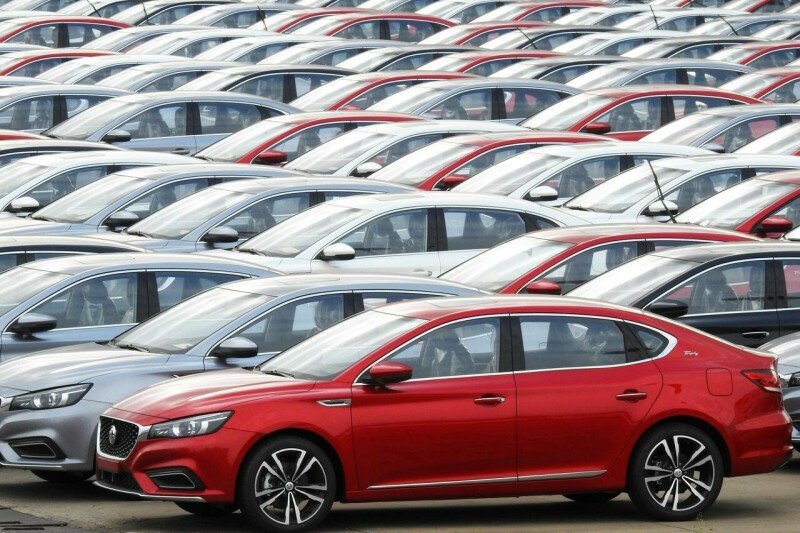With the exception of buses, a significant decline was seen in the productivity of all sub-sectors of the automobile industry during July-March FY23 when compared to the same period last year. “The growth in bus segment was an anomaly, primarily due to existing demand and available reserve stocks of auto parts and CKDs for buses,” stated the survey. “After buses, heavy commercial vehicles, particularly trucks, also experienced a decline of 39.
8% as demand fell steeply. ” The decline in growth was primarily attributed to the import restrictions on the automobile industry aimed at reducing the current account deficit. The automobile sector in the country contributes approximately 4% to GDP and makes up around 15% of the large-scale manufacturing (LSM) sector.
In May 2022, the SBP imposed restrictions on the auto industry and traders were then required to obtain prior permission for the import of raw materials and crucial parts (CKDs) needed for local manufacturing of automobile parts. The government allowed the industry to operate at about 50% capacity until eased. However, with the deteriorating situation of the rupee against the dollar, the restrictions on auto imports persisted, which in turn severely impacted growth of the industry.
“As a result, the industry’s size almost halved resulting in substantial revenue loss for the government and significant job losses for workers,” the Economic Survey 2022-23 said. There were additional contributing factors as well. The policy rate, which was at 10% one year ago, gradually increased to 21%.
During this time, the value of the rupee significantly declined and inflation continued to soar. As a result, auto financing became more expensive, and inflation drove up the prices of automobiles, dampening demand in the market due to reduced disposable incomes. Furthermore, the industry faced challenges due to the upward revision of sales tax, capital value tax, and withholding tax rates.
The production and sales of passenger cars saw a significant decline during July-March FY23, with production falling by 47. 3% to 87,820 units and sales halving to 85,776 units, compared to 166,768 units and 172,612 units produced and sold during July-March FY22, respectively. This decline in production and sales was observed across all segments of passenger cars, and was primarily attributed to import restrictions that resulted in intermittent non-production days, leading to contraction of the industry.
Despite the addition of two new products, Chery Tiggo and Sazgar Haval, the production and sales of light commercial vehicles (LCV) and sport utility vehicle (SUVs) also experienced a decline of 20% and 25%, respectively, due to import restrictions. The farm tractor segment experienced a significant decline during the period with production and sales declining by 46% and 49%, respectively. Tractor sales amounted to 21,233 units, compared to 41,603 units sold in the corresponding period of the previous year.
This sharp decline can be attributed to various factors, including constraints on the import of raw materials and critical parts, which have impacted the overall productivity of the farm tractor sector. Additionally, the industry has been grappling with a persistent tax anomaly, where billions of rupees are locked up in refunds, hindering the natural growth of the industry. The two- and three-wheelers sector experienced a significant and unprecedented decline in production and sales, with a decrease of 33.
3% and 33%, respectively. Notably, all units within the two and three wheeler sector showed negative growth during the period, as they faced supply constraints of crucial parts due to import restrictions. “Two and three wheelers are known to offer a cost-effective mode of public transportation for the lower income group, but at the same time, they are highly price-sensitive,” the survey document added.
The massive exchange rate losses during July-March FY2023 resulted in rampant inflationary conditions, leading to inevitable price increases, which in turn reduced demand in the market for two-three wheelers. .
From: brecorder
URL: https://www.brecorder.com/news/40246696/automobile-sector-contracts-4248-reveals-economic-survey-2022-23



